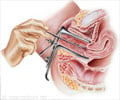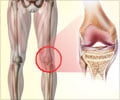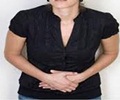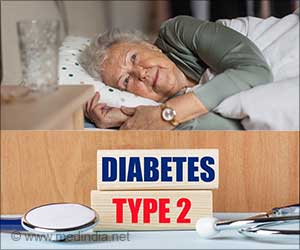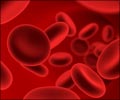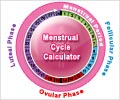Q: Which specialist should I see if I have symptoms of Menopause?
A: You should see a Gynecologist.
Q: What is hormone replacement therapy (HRT)?
A: Hormone replacement therapy (HRT) refers to a combination of hormones used to treat menopausal symptoms, usually estrogen with progestin.
Q: What body changes are involved in menopause?
A: Menopause marks the end of the time in life when you can become pregnant naturally, but it can also represent a new beginning - a time to focus on yourself and your needs. The first step is to learn all you can about the physical and emotional changes that may be ahead for you. In perimenopause, or the transition period to Menopause, the production of the female hormones estrogen and progesterone begin to fluctuate, causing a variety of symptoms, including hot flashes and mood swings. During this time, a woman may or may not have a period. These changes can begin as early as age 35 or as late as 59. In younger women who are having menopausal symptoms, and in women who have had a hysterectomy but still have one or both of their ovaries, a blood test called an FSH level, or follicle stimulating hormone level may be useful to confirm Menopause.
If you have your ovaries removed or undergo some cancer treatments, you may experience rapid onset of menopause, and may need special management of your symptoms. Menopause starts when the estrogen production falls permanently to very low levels and menstrual periods stop for good.
Q: What are some practical things women can do to help deal with Menopause?
A: There are things you can do to help relieve some menopausal symptoms.
- Vaginal Dryness - Use estrogen creams which can be applied locally to help relieve vaginal dryness and painful intercourse.
- Difficulty Sleeping - One of the best ways to get a good night's sleep is to participate in regular exercise - such as walking 30 minutes a day. However, avoid vigorous exercise too close to bedtime. Also avoid alcohol, caffeine, large meals, and working right before bedtime. Many women find that they sleep better after drinking something warm, such as herb tea or a glass of warm milk.
Q: What steps can women take to help prevent osteoporosis and heart disease during menopause?
A: Women can help prevent osteoporosis and heart disease by making sure they get enough calcium and vitamin D, doing regular weight-bearing exercises, and eating a low-fat balanced diet. They should quit smoking and drink alcohol only in moderation.


